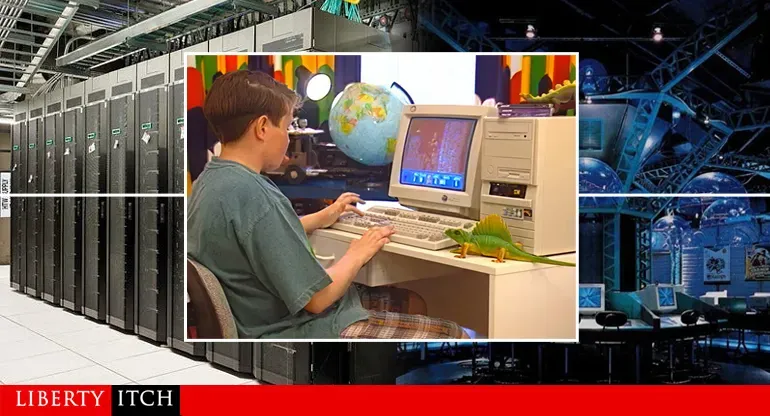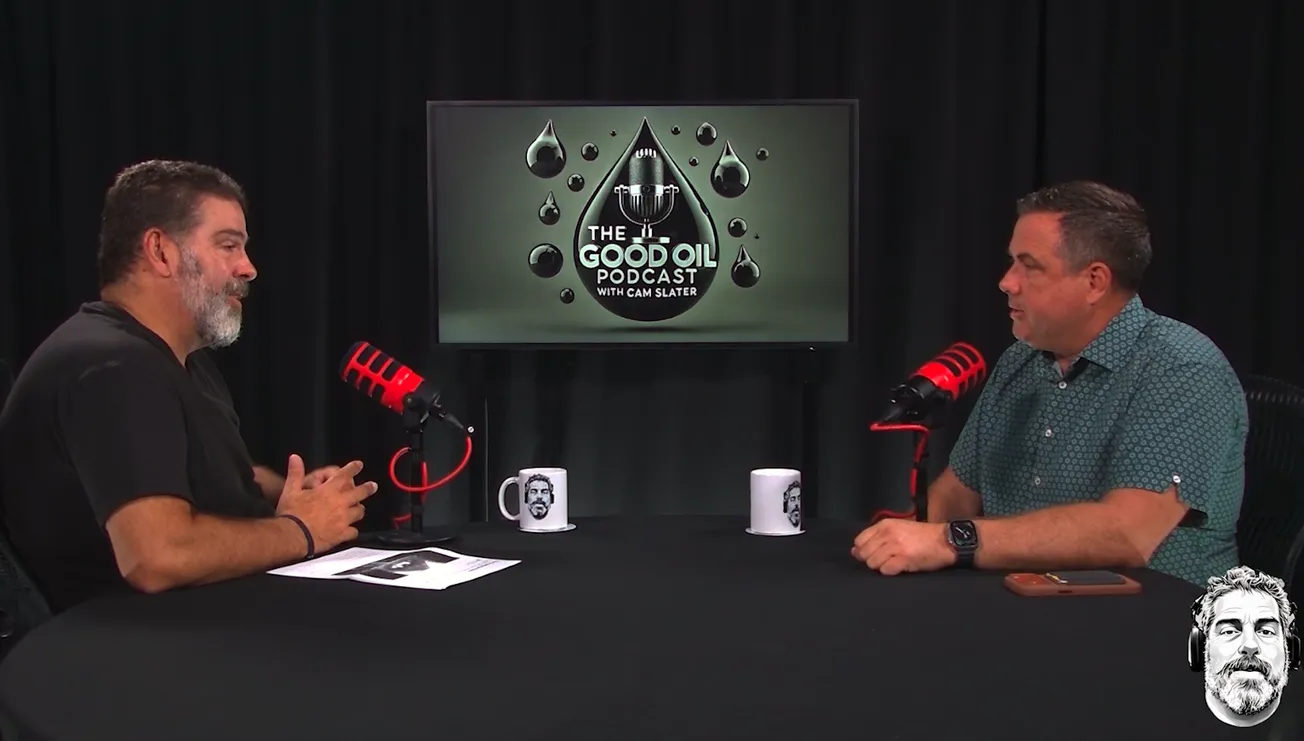Table of Contents
It was nearly two years ago that I dubbed social media companies the Big Tobacco of the 21st century.
I was writing in response to leaked internal research from Facebook and Instagram parent company, Meta, which showed that they were well aware of the harmful effects their products have on peoples’ mental health, most especially young girls. Yet, they continue to market their products in particular to young girls.
I’m not the only person to reach the same conclusion.
Several US states allege that Instagram and Facebook have included features that were harmful to children, and suppressed internal data to conceal that from the public, in a joint lawsuit.
According to the case, Meta’s social media platforms “profoundly altered the psychological and social realities of a generation of young Americans”.
It claims Meta used technology to knowingly “entice, engage, and ultimately ensnare youth and teens” for profit.
The move is reminiscent of the response to previous public health crises like those involving the tobacco and pharmaceuticals industries, with US states banding together to present a joint case.
Colorado’s Attorney-General Phil Weiser compared the situation to “Big Tobacco”, claiming “Meta chose to maximize its profits at the expense of public health, specifically harming the health of the youngest among us”.
Just like Big Tobacco, Meta is trying to fudge and dodge their way out of being held accountable.
Meta has claimed the evidence is based on documents and communications that were taken out of context and is expected to fight the case.
Meta’s spokesperson said in a statement that it had already introduced “over 30 tools to support teens and their families” such as age verification and preventing content promoting harmful behaviours.
Are they, though?
One of the key claims in the lawsuit is that Meta has refused to abandon features it is well aware cause serious harm, after conducting an internal experiment called “Project Daisy”. This includes hiding “like” counts. This, their research found, led to less “negative social comparison”, and that “negative social comparison decrease[d] more over time”. But doing so also impacted Meta’s advertising revenue, by a whole one per cent. Which may not sound much, but it amounts to over $1.5 billion dollars a year.
Needless to say, Meta never implemented the recommendations of Project Daisy.
Now another whistleblower has exposed Meta’s unconscionable business model.
A prominent psychologist advising Meta on suicide prevention and self-harm has stepped down from her position after accusing the tech giant of disregarding expert advice and neglecting the removal of harmful content from Instagram. The development coincides with the report that the US authorities are investigating Meta Platforms for their role in the illicit sale of drugs […]
Lotte Rubæk, a member of Meta’s global expert group for over three years, expressed deep concerns over the company’s alleged indifference to the impact of triggering images on vulnerable individuals, particularly young women and girls, which she claims contributes to rising suicide rates.
Just like an old-timey tobacco company trotting out a fatherly actor to pretend to be a family doctor, and reassuring us that smoking 10 packs a day cleans out your lungs, Meta are spinning themselves as all cuddly, touchy-feely. It’s a lie, of course.
“On the surface it seems like they care, they have these expert groups and so on, but behind the scenes there’s another agenda that is a higher priority for them,” Rubæk was quoted as saying by The Guardian […]
Despite assurances from Meta, Rubæk asserts that the problematic Instagram network she initially criticised remains active.
WIO News
It’s not the only thing Meta are lying about. If you want to know what Meta really thinks about you, well… you’re worth less than $500 to the Zuck.
Internally, Meta apparently referred to its young users in terms of their “Lifetime Value (LTV)” to the company – roughly $US270 ($407) a teenager.
That email went on to caution that this metric was “core to making decisions about your business”.
ABC News
But, as Depeche Mode said, “everything counts in large amounts”. Especially the youngsters whose precious minds Zuckerberg and his cronies are feeding off like psychic vampires.









